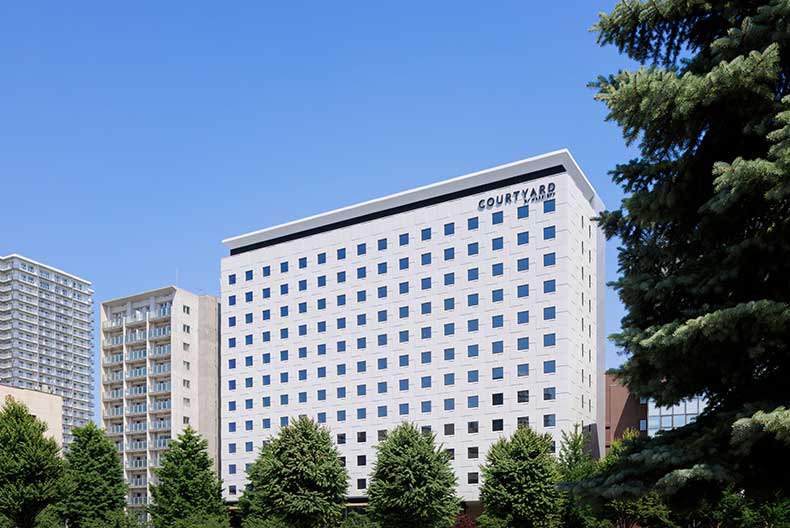
Concept: Norwegian chemical company Yara International (Yara) has claimed that it has created the world’s first zero-emission, autonomous electric cargo ship to transport goods. The company aims is to combat climate change on a global scale using its crewless ship, Yara Birkeland.
Nature of Disruption: Yara coined the concept in 2017 as a part of the company’s vision to feed the planet sustainably. It began conceptualizing the possibility of an autonomous, fully electric ship to address bottlenecks of toxic emissions altogether. A seven MWh battery powers two 900 kW Azipull pods and two 700 kW tunnel thrusters on the Yara Birkeland. The ship will cruise at a top speed of 13 knots while transporting 103 standard-sized containers. The electric ship is a tad slow when compared to container ships, which normally move at speeds of 16 to 25 knots. Only three onshore data control centers will keep track of the cargo ship as it starts its maiden voyage from Herya to Brevik. When the Yara Birkeland begins autonomous cargo shipments in Norway, it will be charged at the quayside before traveling to and from ports along the European coast.
Outlook: The shipping industry contributes up to 3% of worldwide greenhouse gas emissions, according to the International Maritime Organization. To tackle this, Yara unveiled its autonomous freight ship, which is scheduled to voyage by the end of 2021. In the beginning, humans are required to load and unload the ship, but the company hopes to make the entire operation crewless. As a result, it will embark on building self-driving cranes and straddle carriers, which are trucks that load containers onto ships. However, it would be a long time before autonomous ships make profitable long-distance voyages. There are numerous obstacles to overcome, including the difficulty of navigating a busy port by a self-sailing ship, as well as legal difficulties. In addition, different countries have different maritime regulations.
This article was originally published in Verdict.co.uk







